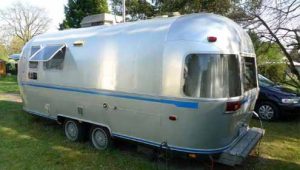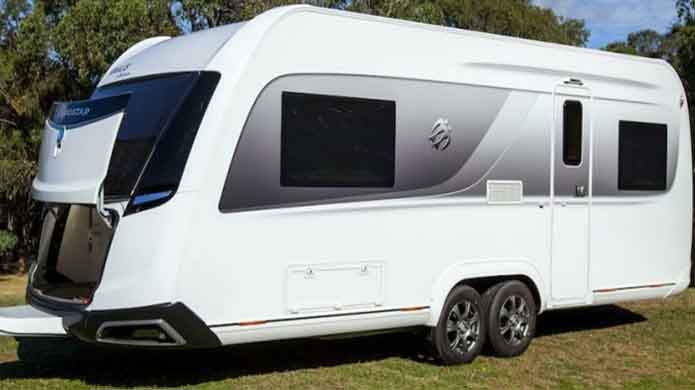To ensure a successful RV road trip, you should first plot the destinations you want to visit. Next, figure out how long each destination will take you and what you’ll need to do to rest. Also, keep in mind the amount of time you’ll need to drive each day. For example, driving from Denver to Detroit would take six hours each day. This is mentally and physically draining, so you’ll want to plan your route accordingly.
Setting a budget

When planning your RV road trip, remember to set a budget. Gas, campground fees, and food are typically the most expensive line items. While you can’t plan your trip without a budget, knowing your RV’s MPG can help you determine the best route for your money. In addition to staying at campgrounds, consider boondocking and state parks. Some RVers even save money by sleeping overnight in parking lots.
Another way to set a budget for an RV road trip is to consider the size of the RV you’ll be towing. Many RVs don’t have enough space to store everything you’ll want to bring. Make a list of the things you’ll need to haul around, and prioritize your items accordingly. Make sure you’re aware of road restrictions and low clearances. Be prepared to lower your speed and maneuver around these restrictions, browse around this website.
Finding campgrounds
There are a number of different things to keep in mind when choosing a campground. Full hookup sites will have electricity, water, and sewer available for your use. These are typically the most convenient because they include the amenities you need for a comfortable stay. While there are other campgrounds that only offer water and electric, full hookups are the most convenient and offer the most amenities. This way, you can enjoy all the perks of modern campground living without having to worry about running out of electricity or sewage.
Make sure to book campgrounds well in advance to avoid disappointment. It is also helpful to plan your route accordingly. If you are going on a road trip with your RV, be sure to plan accommodations along the way. Keep in mind that RV road conditions can be challenging, requiring low clearance, steep inclines, and tolls. Also, remember to factor in your budget. While some campgrounds can accommodate larger RVs, others may be more accommodating.
Choosing a motorhome
Before you make your decision on which RV to buy, it’s important to consider how many people you want to bring on your trip. And how long will you be on the road? An RV that requires a lot of setup might not be the best option for a short trip, and vice versa. You should also consider how many amenities you want to enjoy while on the road. For example, if you want to camp off the grid, a solar panel is important.
Summary
When choosing an RV, make sure that it has enough sleeping space for the entire group. A small travel trailer might be all you need for a couple’s getaway, but if you’re planning a road trip with the family, you’ll likely need a bigger RV. A sleeper couch and bunk beds are standard features in most RVs, but make sure you buy one that provides enough room for the whole family. Be sure to remember to always wear a seatbelt and to make sure that everyone is wearing a seat belt when moving.

